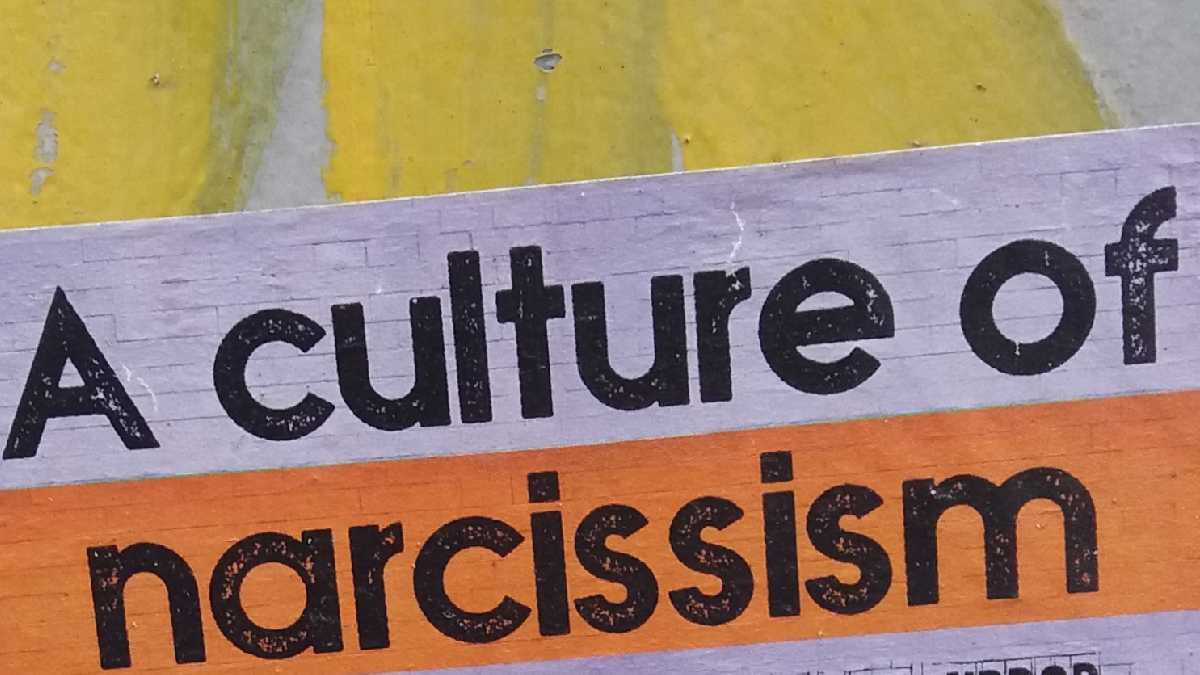
Which Kind Of Narcissist Is The Most Difficult To Date?
New research explores how narcissistic personality traits affect dating and romantic relationships.

By Mark Travers, Ph.D. | April 11, 2022
Psychologists frequently categorize narcissist personalities into three types: grandiose narcissists, entitled narcissists, and vulnerable narcissists. New research appearing in the Journal of Research in Personality investigates which type of narcissist presents the most challenges for romantic relationships.
"It is important to first establish that the fundamental core of narcissism is conceptualized by inflated perceptions of self-importance," says co-author of the study Kennedy Balzen of the University of Texas at Dallas.
Aside from that, there is a lot of variation in how narcissism manifests in people. As an example:
- Grandiose narcissists are socially daring people who make themselves out to be better at things than they actually are (i.e., self-enhancers). Many of the behaviors associated with narcissistic grandiosity are characterized by elevated levels of dominance and extraversion (e.g., boastfulness). Although grandiosity has been associated with a variety of negative interpersonal outcomes, it has also been linked to charm and initial attractiveness.
- Entitled narcissists constantly expect special treatment because they believe they are special or different from others. People with higher levels of narcissistic entitlement are generally more concerned with how to benefit themselves, even if it means harming others.
- Vulnerable narcissists are hypersensitive to social criticism and believe they are superior to others, but in a more private or withdrawn manner. It is frequently regarded as the most maladaptive, or problematic, form of narcissism.
The researchers gathered a sample of 108 heterosexual couples who had been in a romantic relationship for at least three months to study the effects of these three types of narcissism on romantic relationships. They asked participants to fill out a questionnaire that assessed various aspects of narcissism. For example, grandiosity was measured via agree-disagree items such as "I am great" and "I show others how special I am." Entitlement was measured via items such as "I enjoy it when another person is inferior to me" and "I want my rivals to fail." And, vulnerable narcissism was measured with items such as "When people don't notice me, I start to feel bad about myself."
The researchers then sent participants a series of 'daily diary' questions designed to assess various aspects of their romantic relationships, such as overall relationship satisfaction, the amount of jealousy they felt in their relationship, and their awareness of relationship alternatives.
They reported that:
- Grandiose narcissism was not linked to any of the relationship outcomes they measured. In other words, it is possible to argue that grandiose narcissists are the 'easiest' type of narcissist to date.
- Entitled narcissists reported greater non-sexual jealousy in their relationships. They also perceived more available alternatives to their romantic partners. The discovery that entitlement is associated with greater perceptions of available alternatives may indicate a lack of concern for loyalty to a current romantic partner, posing a threat to the relationship.
- Vulnerable narcissists also showed greater jealousy. They also reported significantly lower levels of relationship satisfaction.
"Broadly speaking, our findings corroborate previous research showing that entitlement and vulnerability are associated with maladaptive outcomes in established romantic relationships," conclude the researchers.
A full interview with Kennedy Balzen discussing this research can be found here: Which type of narcissist is hardest to have a romantic relationship with?
